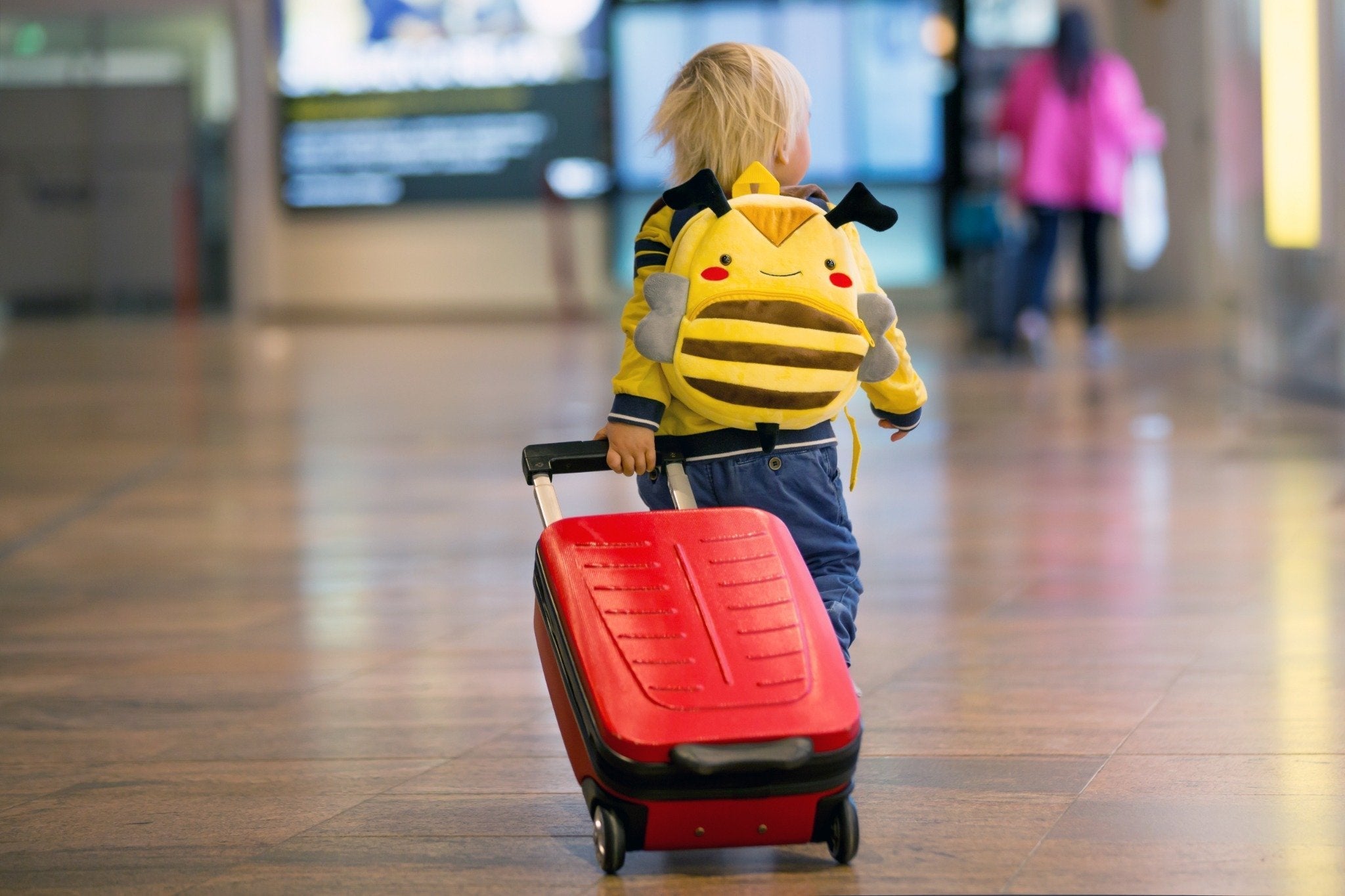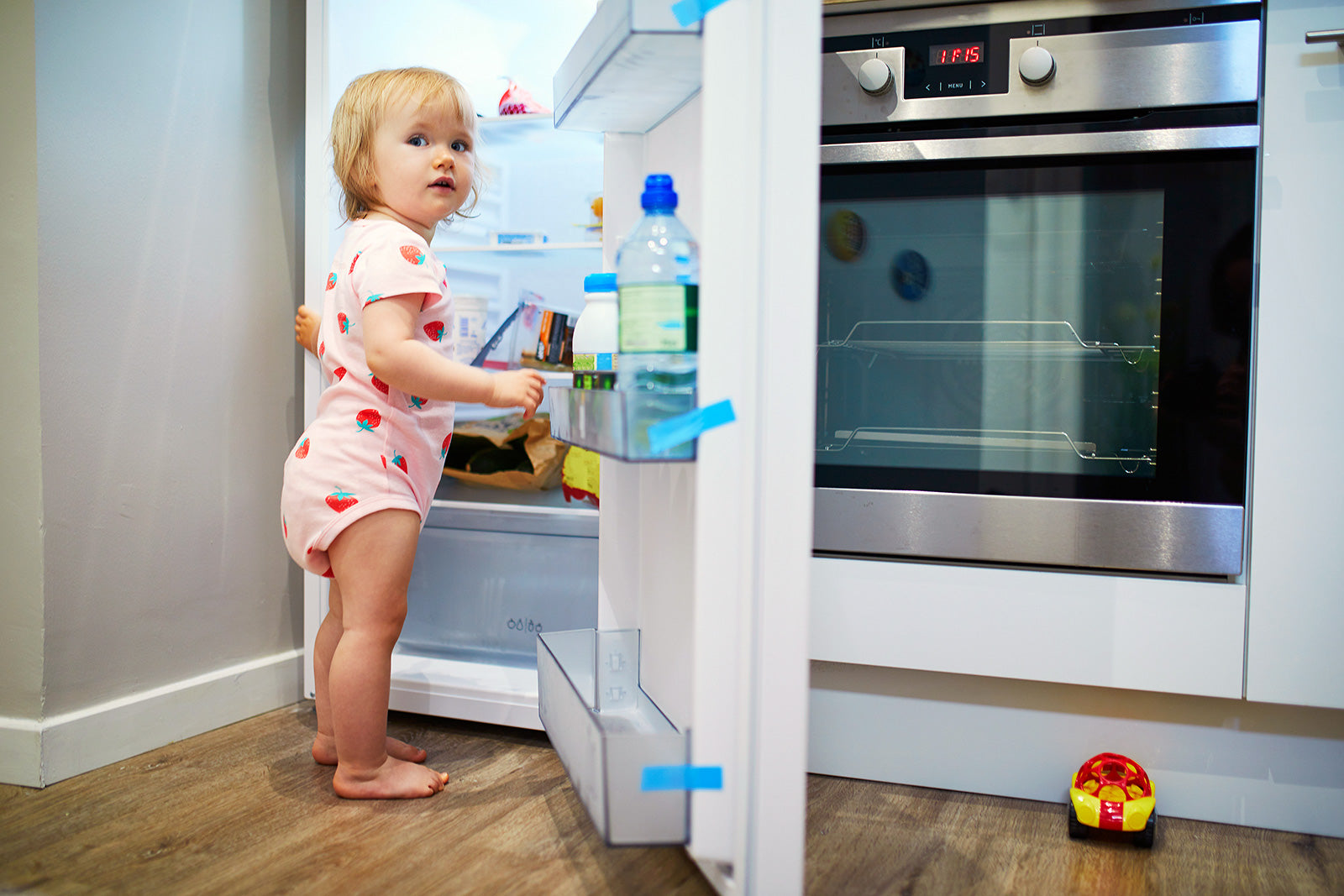Navigating Family Dynamics With a Newborn

Your family dynamics are bound to change in some way when your new baby arrives. Whether this is your first child or your tenth, every person in the household will have adjustments to make.
As your family grows, you will need to give special attention to more than just the new baby. Everyone in your family will have changes in their daily lives and need guidance and grace as they adjust.
Here at the bökee, we know that raising a family means all hands on deck. So we created the bökee to take away the need for at least one of those hands. Pick up one for yourself or any other new parents who will enjoy the helping hand they so often need and wish they had.
The Changing Family Dynamics of Becoming a Parent
If you and your spouse began your family with just the two of you, adding a baby is a big adjustment. Really big. Some might say gigantic. And if you already have kids, adding a new baby is still a significant change.

But all of these shifts are manageable with some planning, intentionality, and grace. Here are some tips for navigating the adjustment process for the adults and children involved.
Adjust Expectations
Couples will experience many new layers in their family dynamics when a newborn comes along. Before having a baby, couples focus loads of time and attention on their partners. Going out for a movie, sleeping in, and other leisure activities usually don’t require any advanced planning before you have a child.
Once a baby enters the picture, spontaneity is much harder to achieve. Arranging for sitters, pumping, and bottles takes time and planning. And to be honest, you may not feel ready to go out for a while after having your child.
And no matter how great of a sleeper your newborn is, you will not be getting the same amount and quality of sleep you did before. One side effect of this lack of sleep is that when you and your partner do get time alone in bed, you may be less interested in each other and more interested in just... well, sleeping.

If you have other children in the home, you will need to adjust your expectations with them, too. Everything is on the table, from more screen time to not-as-healthy meals, to help you navigate the new family dynamics.
Make Plans Together
You can continue to be a loving, attentive couple and family after your baby arrives, but it will not be as effortless at this stage of life. Here are a few ways to keep your connection strong when you’re in the trenches of baby life:
- Schedule time as a couple. Couple time is one of the first things to get lost in the shuffle of life with a newborn. Set aside some time to be with each other as a couple each week. Even something as simple as cuddling on the couch after you tuck your baby in for a nap counts! Just be intentional about planning it and following through with it.
- Schedule time with other children. Although a newborn requires significant time and attention, be sure to schedule some special time with your other kiddos, too. Something as low-key as a neighborhood walk after dinner can go a long way to easing this transition.

- Talk about all the things. As a couple, talk to each other about your expectations and needs as parents. Discuss logistics such as who gets up at night when the baby cries or how other divisions of labor will work. Sorting this out together helps you avoid having and being a resentful partner. If you both have careers and rely on daycare, discuss your options for caring for a sick child. You’ll have less stress if there’s a plan in place when this comes up.
- Keep in touch, literally. Although you’re exhausted, take a few minutes to hold hands, hug, or just sit with your partner. Even non-sexual touch releases endorphins that help you feel happy and connect with your partner.
- Be intimate when you’re ready. You are not likely to be having sex as often as you were before baby arrived. It can be tricky to find where sex fits in among the exhaustion of parenting. Talk openly to each other to limit feelings of neglect or resentment.
Help Older Siblings Plan and Prepare

If your first baby is going to be a big brother or sister, give them plenty of time to get ready for this new role. Remember, they have never known any life beyond being your only child, so this adjustment is enormous.
As they are able, let your older children help set up and decorate the nursery. They can share in the anticipation of the baby’s arrival and this new role as big brother or sister.
There are a lot of books and videos to help children understand what this change means for them and the whole family. And most hospitals offer an age-appropriate class for siblings-to-be.
Depending on your kids’ ages, they may have many questions about how the baby got in there and how it will get out. Again, books can be an excellent resource for answering these questions in an age-appropriate and accurate way.
It’s important to remember that older siblings may have a wide range of reactions to their new sibling. They may be excited, happy, scared, or angry. They likely will feel all of those things and then some during this adjustment, and that’s ok. Introducing a new baby to siblings is exciting and nerve-wracking all at the same time!

Give Older Siblings Empowering Information
Your children may internalize a lot of confusion or fear about the baby’s arrival and how it will impact their role in the family.
Here are some important things to share with the soon-to-be siblings:
- This baby doesn’t replace them. Your home and family have room for everyone, and you have enough love for all the kids.
- Babies cry a lot. They don’t have any words yet, so they cry for whatever they want. This doesn’t mean the baby is sad or in pain.
- The baby won’t be old enough to play with for a while.
- Babies need a lot of care. Explain a bit about how you’ll need to spend time caring for the new baby and that it may interrupt some of their normal activities for a while.
- They may not get to hold the new baby right away or might need to sit and hold the baby in their lap.
- Remind them that they have the right to all of their feelings, even big ones like anger. Encourage them to share their feelings when they are ready.
Avoid Other Big Changes

Your older child will have a lot to process once their new sibling arrives. Now is probably not the time to potty train or make other major changes to your older child’s environment or routine. If you need to move them into a different bedroom or switch to a new daycare, try to do it as soon as possible so that they can acclimate long before the baby comes.
Love, Patience, and Grace
Regardless of how many children, parents, or extended family members make up your household, some things are constant. Every person under your roof can expect love and respect. While your family dynamics may change, everyone’s sense of belonging should not.
You, your partner, and all your loved ones will need time to get a feel for their new roles, so be sure to extend grace and patience. And as you enjoy your growing family, don’t forget to be patient with yourself, too.
At the bökee, we know how difficult change can be. That’s why we strive to bring you products to help keep things simple. Check out our store for innovative products that take some of the stress out of parenting.




